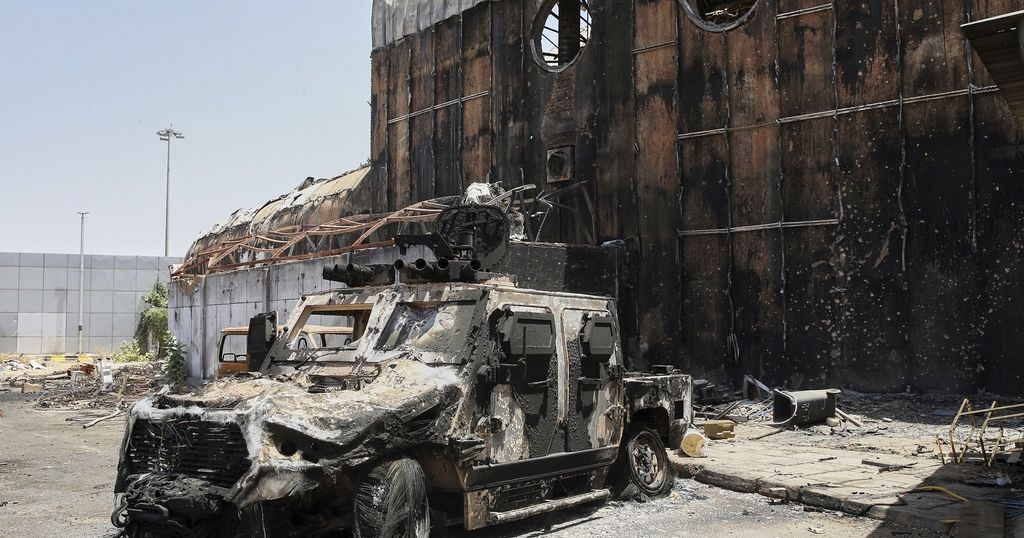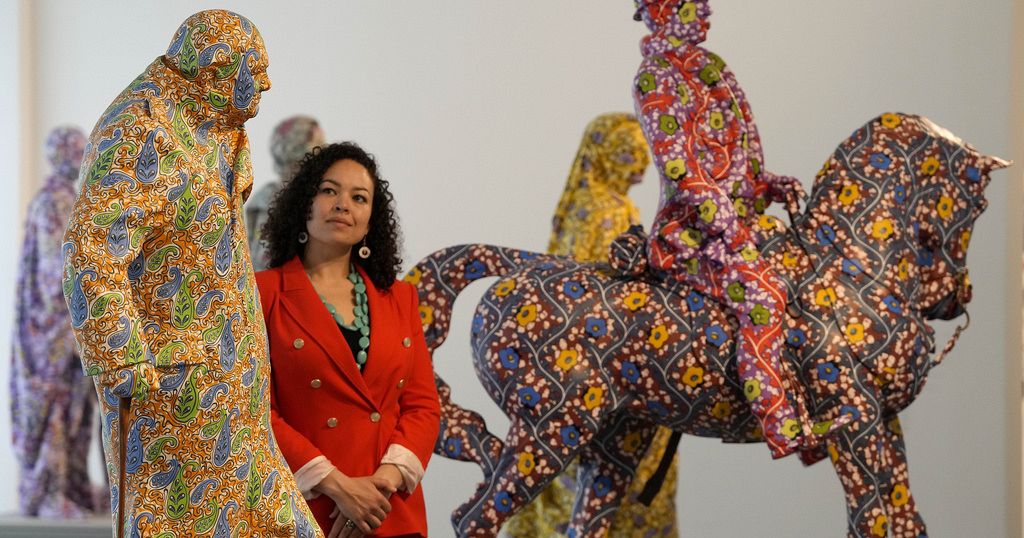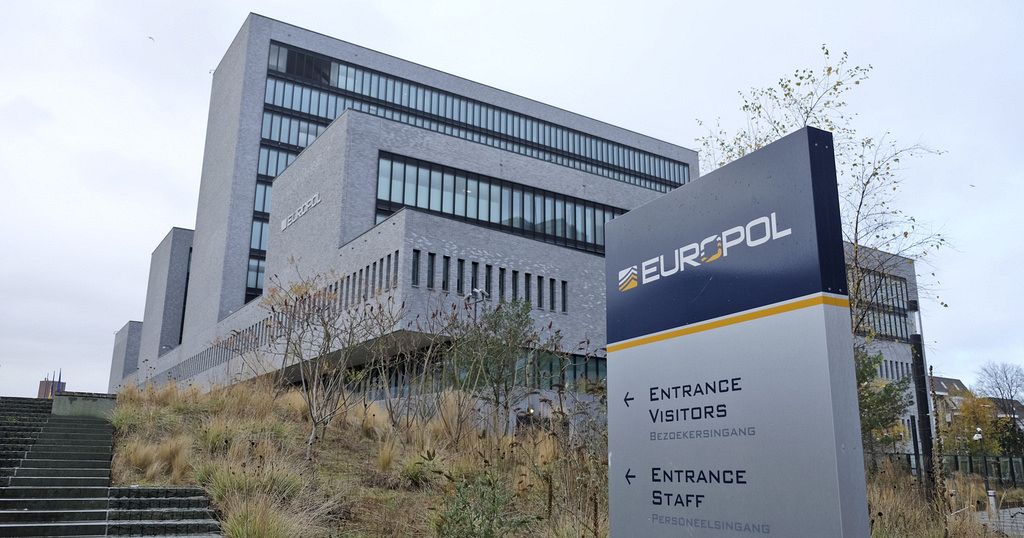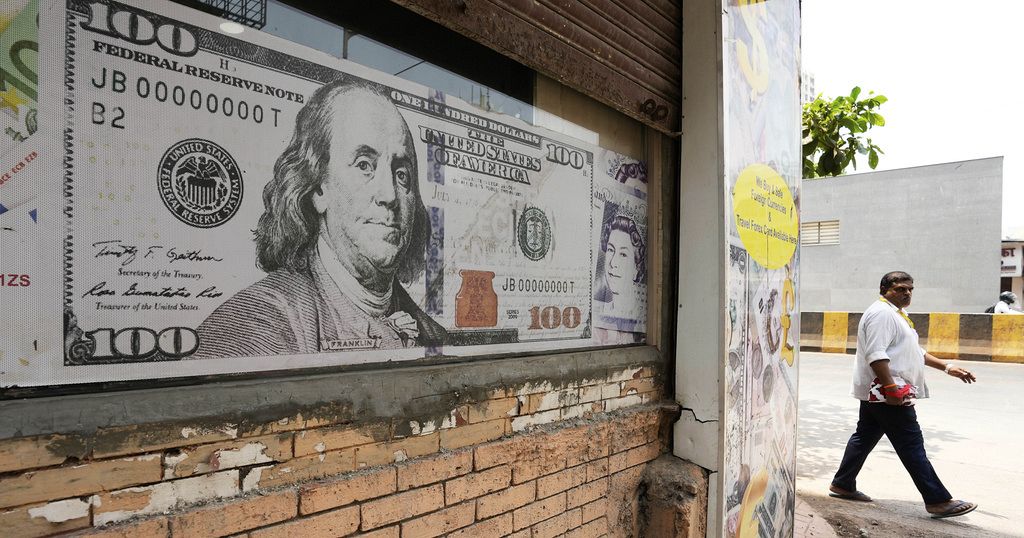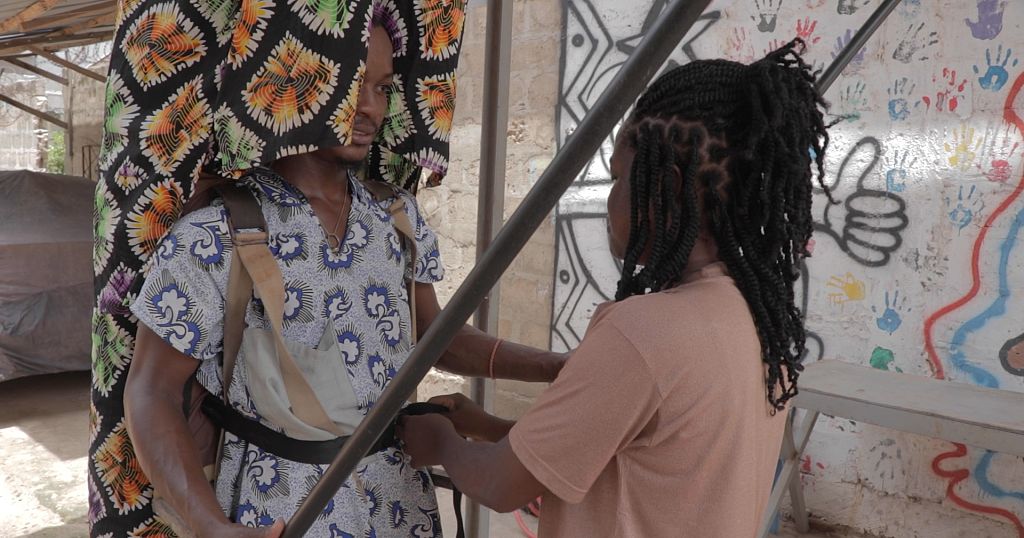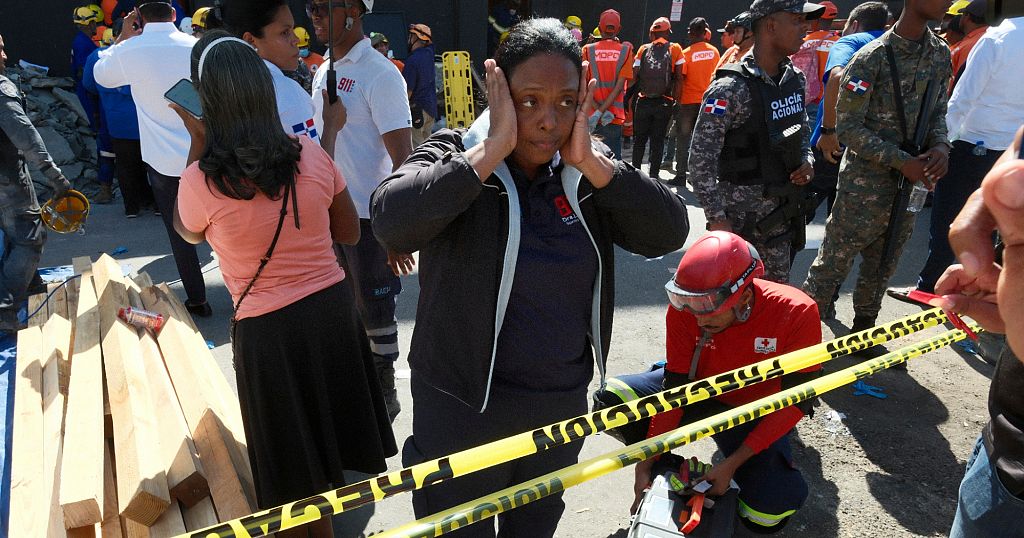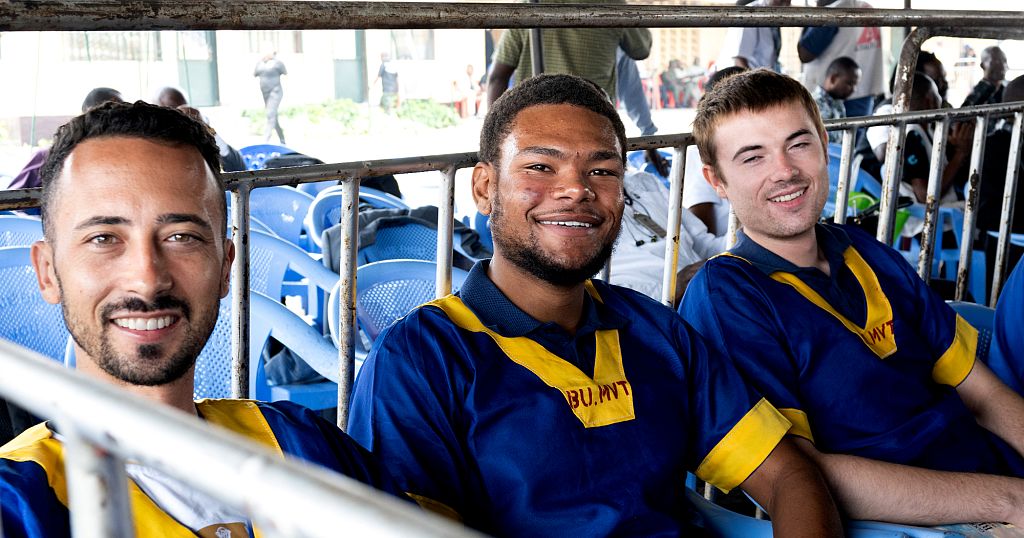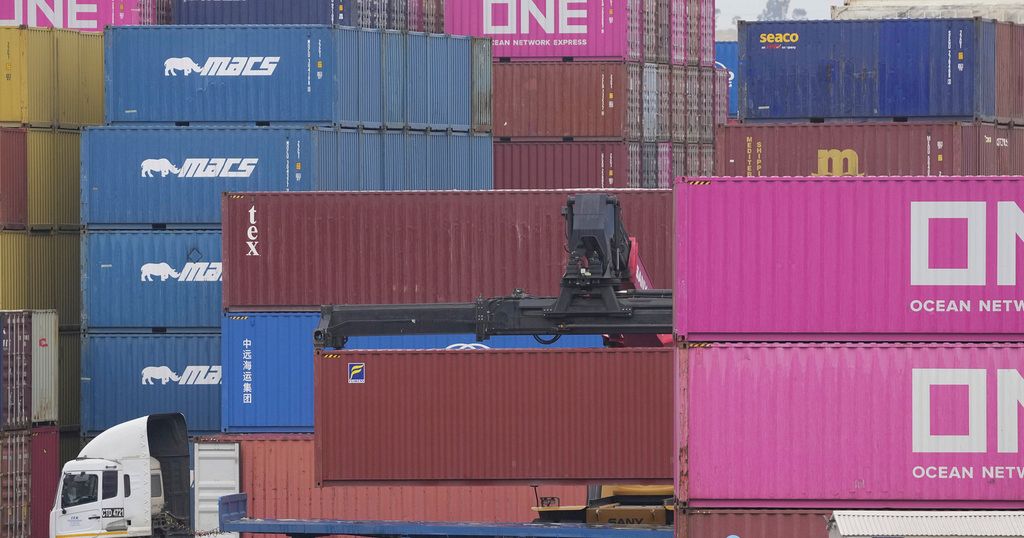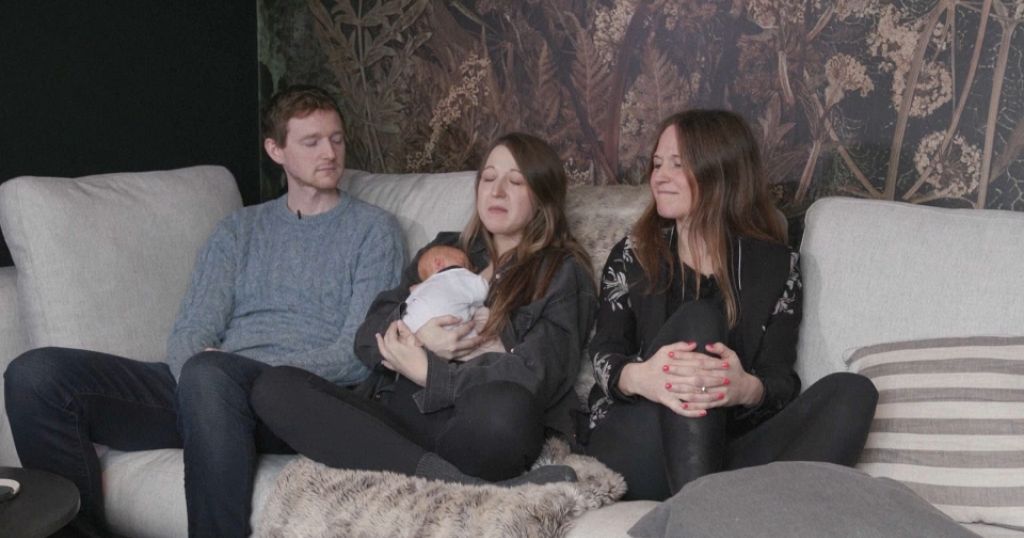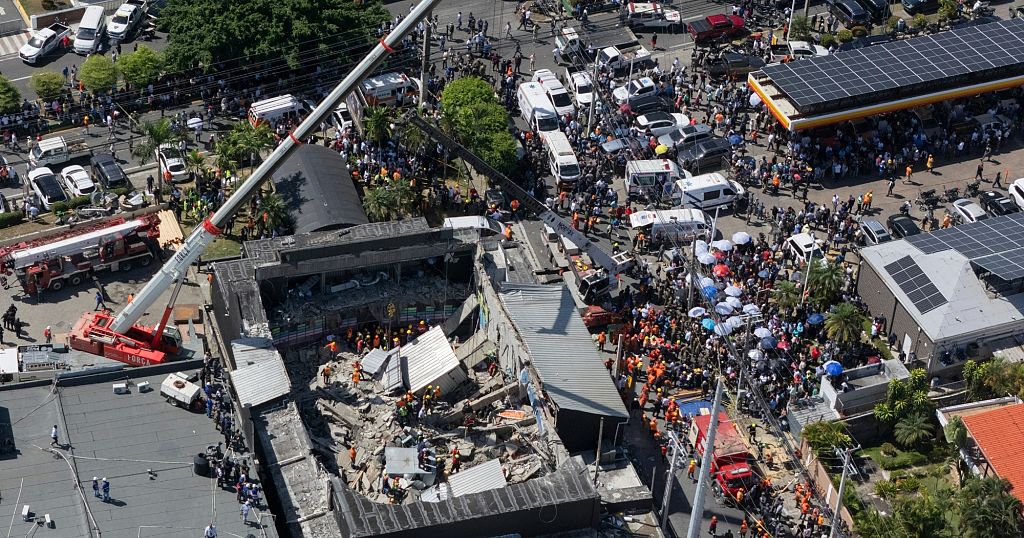Zimbabwe: new opposition rally banned by police for ‘lack of toilets, good roads’
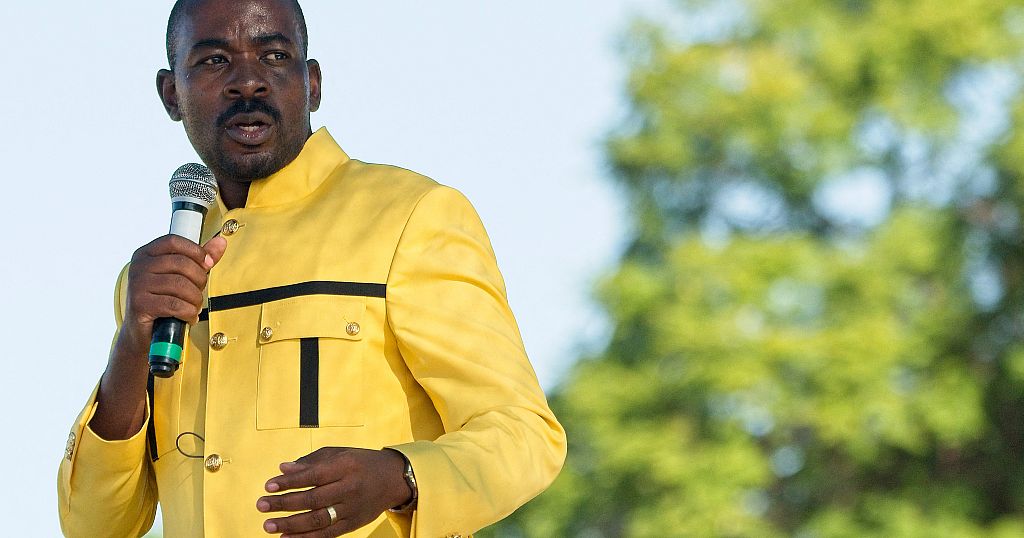
Zimbabwean police on Friday banned an opposition rally scheduled for Sunday, citing a lack of toilets and unsuitable roads at the venue, the latest ban ahead of the August elections.
The political climate is worsening ahead of what promises to be a tense vote on August 23 in a country ruled by one political party, Zanu-PF, since independence from Britain 43 years ago.
This party, once led by Robert Mugabe, faces its biggest challenge from the country’s largest opposition formation, the Citizens’ Coalition for Change (CCC) of 45-year-old Nelson Chamisa.
Sunday’s planned opposition rally in the town of Bindura, 90 kilometers northeast of Harare, is the CCC’s fourth to be banned in Zimbabwe in a week.
In a letter announcing the ban on the rally, police said that the chosen venue was “scrubby” land with “no passable roads, water or sewerage”, adding that this represented a “high risk of threat to the spread” of communicable diseases.
The police added that in the event of a public disturbance, their forces and rescue workers would have difficulty accessing the site “due to the absence of a (proper) road network”.
“Our mandate to protect life and property and maintain public order would then be compromised”, said the police, adding that the opposition had not declared this meeting within the legal deadline, which is seven days in advance.
Sunday’s rally, at which the CCC was to officially launch its electoral program, was eagerly awaited.
For months, the opposition and human rights organizations have been denouncing growing repression in the run-up to the elections, and in particular abusive arrests of opponents.
In 2017, President Emmerson Mnangagwa succeeded Robert Mugabe, an independence hero who remained in power for 37 years, thanks to a coup d’état. He was elected president the following year, winning by a narrow margin (50.8%) in an election marred by violence.
He will face Nelson Chamisa, a lawyer and pastor, in the presidential and parliamentary elections on August 23.
Source: Africanews


